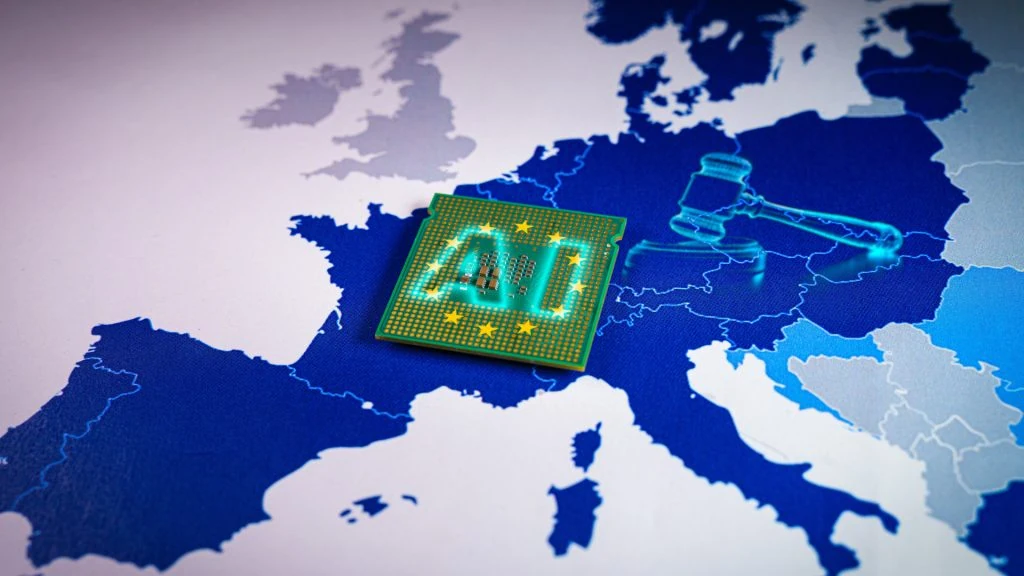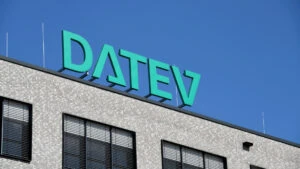Despite massive lobbying from over 100 technology companies, the European Union wants to push through its AI regulation as planned. Alphabet, Meta and others demand a delay – Brussels remains firm.
The European Union is not impressed by the concentrated lobbying power of the tech industry: despite concerted protests from more than a hundred technology companies, Brussels is sticking to the original timetable for the implementation of the AI Act. This was reported by the news agency Reuters on Friday, citing statements from the EU Commission.
No reprieve for Big Tech
“I have indeed seen many reports, many letters and many statements on the AI Act. Let me be as clear as I can: there is no stop-the-clock rule. There is no grace period. There is no pause,” Reuters quoted European Commission spokesman Thomas Regnier as saying.
The protests are no coincidence: the companies calling for the EU regulation to be postponed include tech heavyweights such as Alphabet (Google), Meta (Facebook), the French AI start-up Mistral AI and the Dutch semiconductor manufacturer ASML. Their argument: the AI law is damaging Europe’s competitiveness in the fast-moving AI market.
Risk-based regulation with clear prohibitions
The EU’s AI law is based on a risk-based approach and categorizes AI applications into different risk levels. Systems with “unacceptable risk” are completely banned – these include cognitive behavioral manipulation or social scoring, as practiced in China.
AI applications with “high risk” are subject to strict regulations. These include biometric systems and facial recognition as well as the use of AI in sensitive areas such as education and employment. App developers must register their systems and fulfill comprehensive risk and quality management obligations in order to gain access to the EU market.
Staggered introduction until 2026
A third category comprises AI applications with “limited risk” – this includes chatbots, for example. These are subject to lighter transparency obligations, but must still meet certain requirements.
The EU had already begun the staggered introduction of the AI law last year. The full regulations are due to come into force by mid-2026. For the technology sector, this means that time for adjustments is running out and Brussels is unimpressed by the protests of the industry.

















